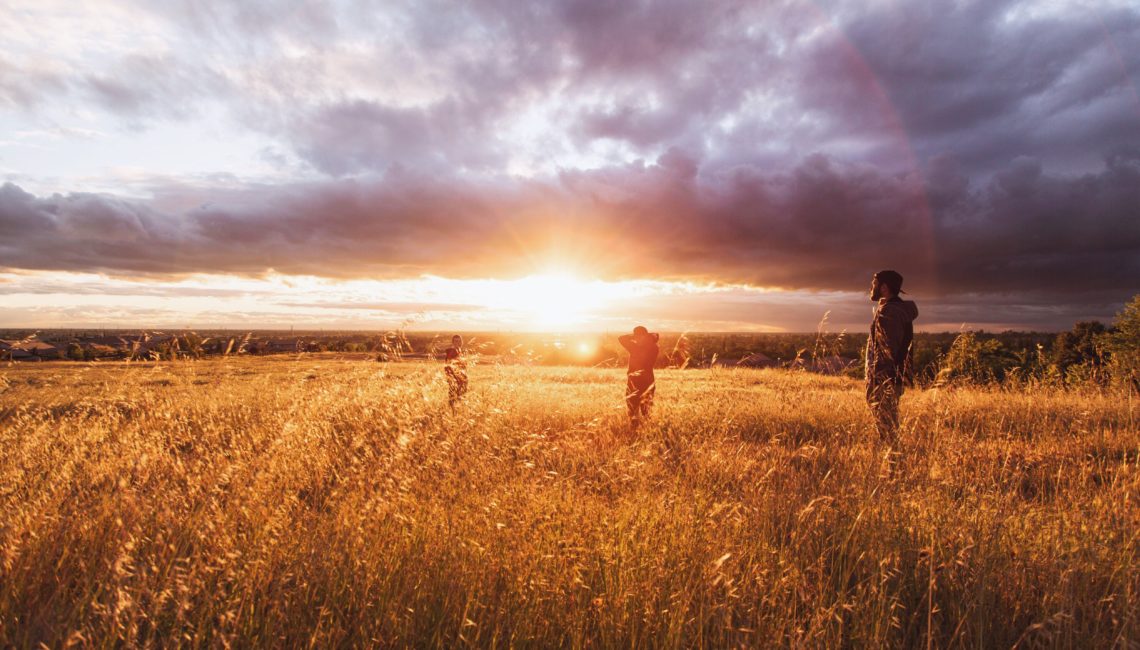Are people fundamentally good? Evil? Somewhere in between perhaps?
This question is older than Methuselah, yet it resurfaces frequently. Remember Uber? Surely, as the media suggested and the more misanthropic amongst us assumed, random and unqualified taxi drivers were motivated only by their thirst for human blood. How about AirBnB? Even better: these latent serial-killers would trap their homes for the fool who dared step inside.
Rarely and sensationally, these dire predictions were true. On the other hand, these peer-to-peer marketplaces did what they set out to do: provide services and enable nearly anyone to participate. The “Uberization” of business became a buzzword driven by the frank success of this model and businesses and investors alike sought a piece of the action for the next big thing.
Yet, a bigger movement was occurring in the background. That background was the psychological and cultural milieu in which we all live. Insidiously, the idea of getting into a “cab” with a stranger became normal. With the inception of this new standard in consumerism, the average person, wittingly or otherwise, found themselves leaning a little further from the misanthropic end of the debate, a little closer to the philanthropic or humanitarian angle.
And here we arrive at a new juncture. Coronavirus policy has told us to abscond from the standard social institutions of religion, education, and friendly gatherings. These physical cornerstones of prosocial living were tossed aside while we covered our faces, depriving human emotional expression even more. Every person could be a carrier. It’s spreading, keep your distance.
These decisions may or may not be wise, though it’s irrelevant: the outcome is the same. A full quarter of Americans under 30 considered suicide under these conditions. The older folks amongst us doubly suffered social deprivation and viral fear. If there were ever a petri dish of misanthropic living, we are under its glass.
I’m Jeremy Evans. I’m a marketer and small business owner. These factors became relevant when my revenue dropped 95% over three months of lockdown. I don’t have a political diatribe for you, I don’t consider my opinions so precious.
I do have a new experiment for you, a bespoke project for our curious circumstances.
Those three months led me to three new businesses. Two are enjoying their time in the sun, while the final is taking its first breath: AtlasTalked.
AtlasTalked is a marketplace for heavy conversations. We’re all carrying burdens and our whole world depends on them. Yet, where can you go if you don’t want professional counseling? Many people fear stigma, costs, medication, or that their problems don’t rise to the significance threshold of hiring an expert. (Such a threshold is fictitious, to be clear.)
AtlasTalked is a marketplace, like Uber or AirBnB, for one-on-one peer support. Normal people offer a sympathetic ear and their two cents. Or not. We don’t try to control how our providers (“Friends”) advertise their conversations: we try to grant clarity alone, be it a hard-hitting session of straight-talk or someone who will never judge you. We enable spiritual counseling for canonical Christians and ardent atheists. Talk about divorce with a divorcee; share war trauma with other veterans.
Our Friends and Clients talk how they want, online or off, where and when they choose.
Can humanity help itself? More realistically, can one person help another with those private problems too sensitive for family and friends? Well, scientifically, the answer is yes. Non-professional and peer counseling is well documented in psychological literature as effective across many scenarios. Addiction support groups, led by former addicts, are the gold standard in addiction recovery, as a single example. (My own, cited synthesis of these studies is forthcoming, check out the AtlasTalked blog.)
Finally, I have to talk with you. Many resources are converging to spread this idea, let there be no doubt. Yet, you, dear reader, have come so far that it’s irresponsible not to ask you. You have a unique combination of traits that means you could help thousands. AtlasTalked will do the best it can to connect you, but you (and only you) can put yourself out there.
Consider becoming a Friend and helping out. Our providers charge whatever they like and we take 20% per transaction. If money and compassion seem hard to mix, I have a great book recommendation for you. In all seriousness, the transactional quality of these relationships is designed to facilitate “getting to business” and really handling the issues the client originally set out to solve. It proves value in the exchange and allows the very best Friends to rise to the top with reviews and prices.
Have a plank in your eye? Consider talking with someone. Not only could it transform your point of view, it could go so far as to make you think of every stranger a little differently. Compared to a professional service, you’ll find our prices very agreeable and the selection much more comprehensive (albeit not at the time of this writing, alas).
Imagine a world in which AtlasTalked was talked about. Can you? Millions of people helping others, millions of people talking with strangers, and receiving compassion. I can’t help but think we might look at strangers a little bit differently. I can’t help but imagine that it’d be a little bit richer, a little bit more loving, and a lot happier.
Know people? Consider giving https://atlastalked.com a quick share. Let others know and maybe it will change their lives for the better.
I’m doing my best to talk to you. We’re separated by time and space, connected by a few thousand pixels. As of now, I’m a madman doing my best to bring an idea to reality. You’re the missing link: can you help me pull it down to Earth?

